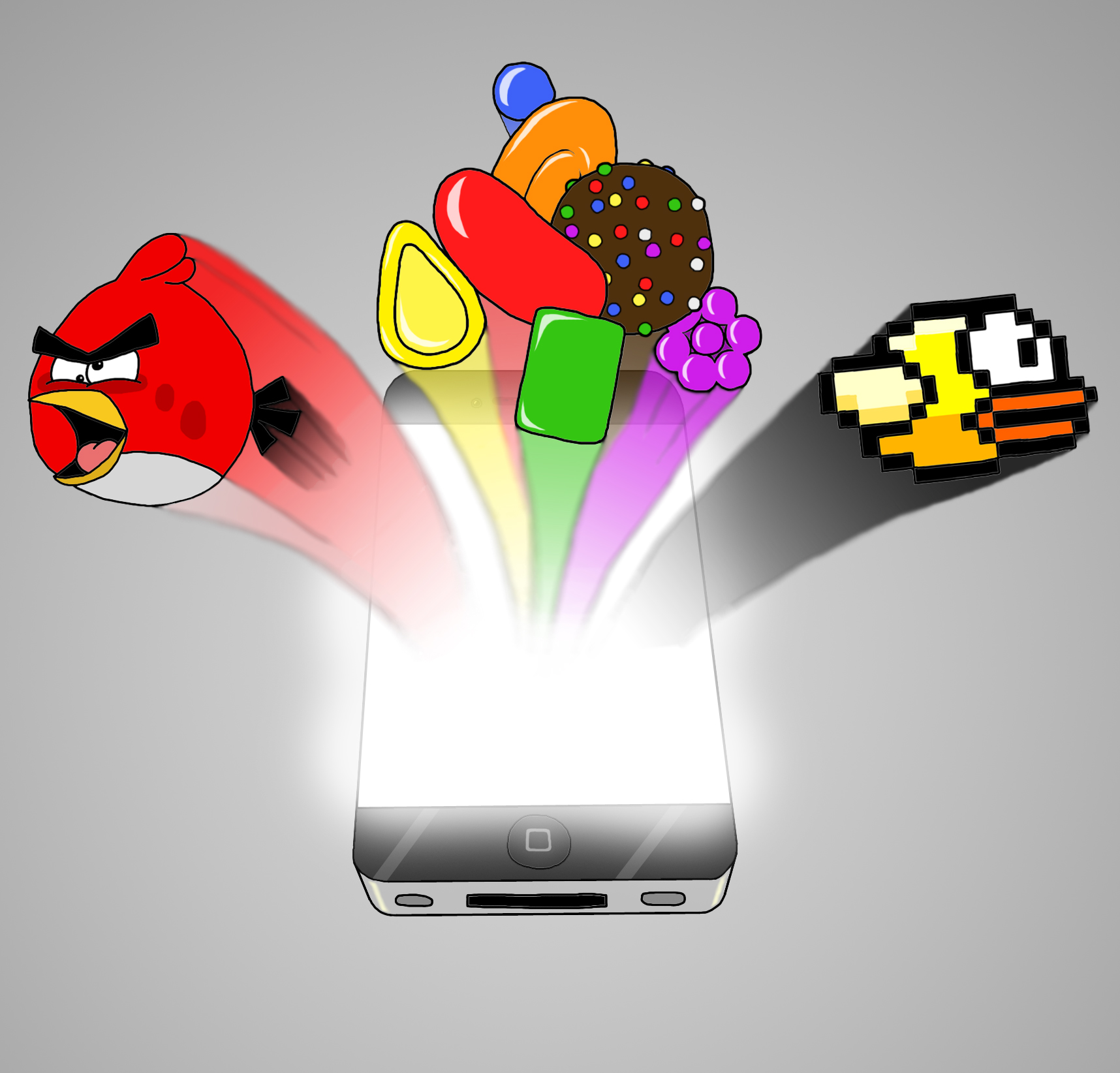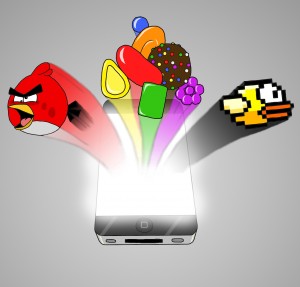Mobile apps face tough, challenging market

86 per cent of time on smartphones is spent using apps, which may have entrepreneurs thinking that the industry is still booming.

However, according to professionals, mobile apps and game development isn’t as lucrative as one might assume.
In fact, some might say that the app bandwagon has an uncertain future.
“The gold rush is over,” said Matt Coombe, co-founder of the Toronto-based app development company Get Set Games. “The day where it was relatively easy to get an app out there, get downloads and make some revenue are gone.”
“It’s a lot harder to both make a successful app and make money off of it.”
With more than one million registered apps available on the iPhone’s App Store and Android’s Google Play, competition is high and it can be a challenge for developers to stay relevant in today’s market.
Apps which have attained high levels of commercial success such as WhatsApp, Flappy Bird and Candy Crush are a rare occurrence, according to Coombe. He explained a majority of apps today will actually lose money upon their launch.
“There are only a few apps that will get into those top charts and generate revenues,” he said. “Don’t quit your day job.”
According to Coombe, five years ago the industry was both alluring and profitable because it was extremely new.
Now, with an extremely competitive market, apps that are able to flourish are the ones with either tactful marketing schemes, lots of advertising opportunities, million dollar investments or — in the recent case of Flappy Bird — pure luck.
And according to Catherine Middleton, a professor at the Ted Rogers School of Management at Ryerson University, there are limited ways for apps to make money.
“There are apps that are free that don’t have any mechanisms for you to purchase things, but they generate revenue from advertising,” she said.
Middleton, whose research largely focuses on the development of new communication technologies, explained that many free mobile applications also come with premium upgrades, add-ons and other versions, which users have to pay for.
“I think a good example would be the Angry Birds franchise,” she said. “They have found a number of ways to roll out new versions.” Coombe says that only about five per cent of users of free apps actually purchase these upgrades and add-ons. However, whether these additional costs are profitable depends entirely upon how many downloads there are.
“Once you have a million people playing there’s a lot of ways to generate revenue,” he said. “Because it’s a low amount of players who will actually give you money.”
For non-game mobile apps, a lot of revenue will come from subscriptions or in many cases a larger buyer.
In the case of WhatsApp, an instant messaging system available for all Smartphone platforms, Facebook purchased it recently for a staggering $19 billion.
Instagram, similarly, was bought in 2012 for $1 billion.
Regardless, mobile apps undoubtedly have the potential to bring in cash — it’s just extremely risky.
To avoid disappointment, founder of Teak Mobile, Christina Moulton, says app developers need to think of their product as a business rather than just a single app.
“If you want to be a hobbyist and throw together a to-do app and make a couple of grand, that market is pretty much gone,” she said. “But there certainly are markets out there that you can still have an app or two and keep a small company together and make money […] you just have to think of it as more of a business.”
Coombe also emphasized that apps need to follow consumer trends. For him, it’s the only way to stay relevant.
“We have to continually evolve,” he said “The market is changing, expectations are changing and devices are changing.”
To the young burgeoning entrepreneur, Coombe says, “If you want a chance then literally just start doing it, don’t talk about it.”
“Do it.”

